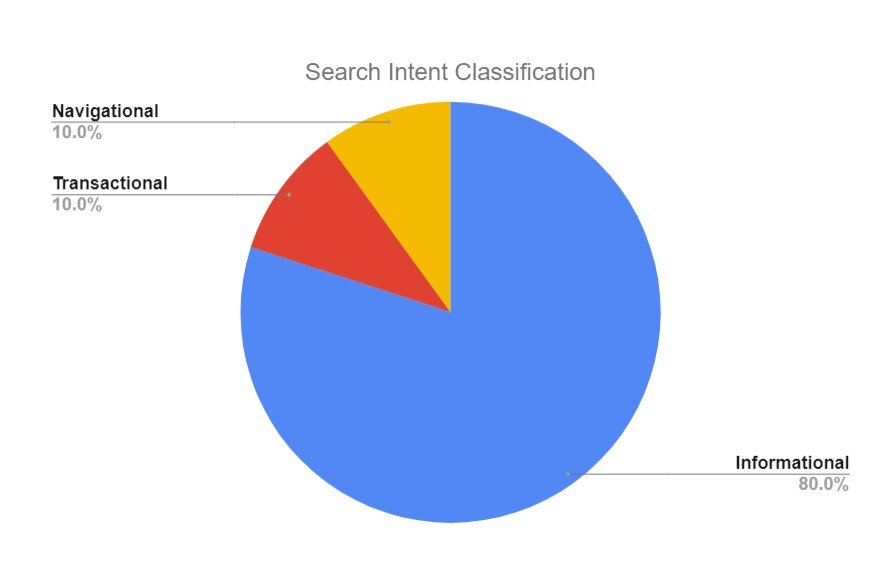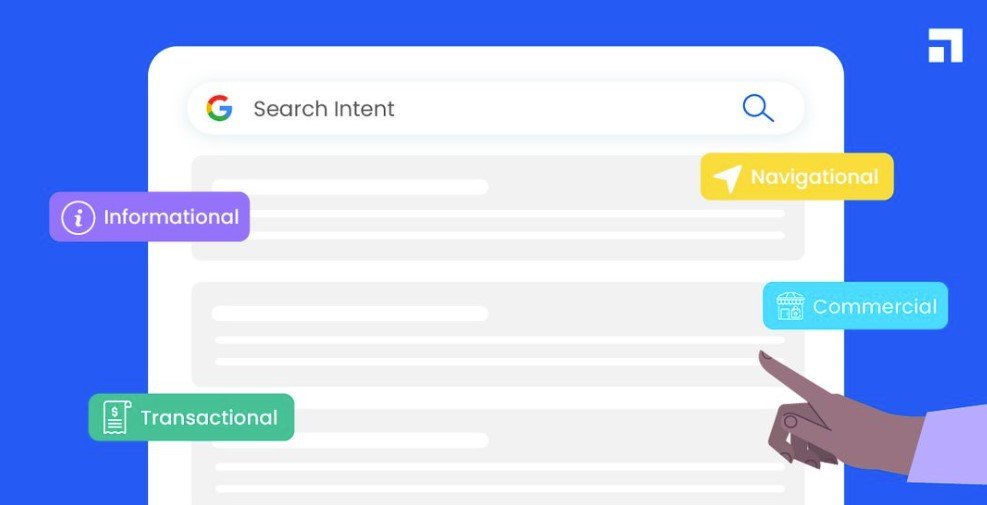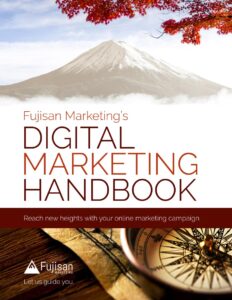One of the fundamental maintenance tasks for a search marketer is checking up on your search term reports. If you’ve been doing this for a while (2014 or earlier, to be exact), you might also know them by their predecessor’s name of search query reports, or SQRs.
At Fujisan, we also understand that a big part of this is one of the most nuanced, “human” tasks we do; that is, deciphering the intent behind people’s searches.
In a world where so much is based on automation and algorithms, this is one thing that’s really all human psychology, wants, and needs. This is both about A) how you have to understand those to achieve your own goals, and B) understanding that, in the end, your job isn’t to foist your crap indiscriminately upon internet users but to find who you can genuinely benefit with your product(s) or service.
If you’re doing your job right, this is a symbiotic relationship.
So… how to think about intent?

At its most basic, “intent” is pretty self-evident. What does someone want to achieve when they search what they search? Once we break this down: Who can your brand benefit, and how can you show them that?
A part of this is recognizing that there are lots of people who are specifically looking for not what you have to offer. If you fail to distinguish this, you’ll just end up wasting energy, time, and money — not to mention annoy the heck out of people who might need you in the future by clogging up their efforts to find what they really need, now.
For example, if you’re a house cleaning service, and someone searches for “carpet cleaning DIY,” you can deduce from that their intent is not for what you have to offer; they’ve made it clear they’re looking for how to solve this dang dirty carpet on their own! The “DIY” modifier shows an intent for self-help rather than for someone to come professionally clean their home. That’s a pretty simple intent to infer and subsequently filter out.
Now, put a pin in that:
That said, in this case you can still help out people searching for DIY carpet cleaning and implicitly market your business by raising others’ awareness, so long as you don’t try to force feed them advertising for something they don’t currently want: Someone looking for DIY solutions to their dirty carpet? While they don’t need your service right now, they could benefit from your knowledge right now. Recognizing this, you can see how you can help people with informative content like a blog or video series — this both provides users with what they need while raising awareness of your business. Again, symbiotic.
But we digress.
Now take another example, say a search query that’s a bit more complex, like “carpet cleaning cost calculator.” Is this person just interested in an online tool to give them a carpet cleaning quote? How interested are they in paying for a professional carpet cleaning? We can infer they have at least some interest in paying for a service you’re offering, or are at least open to the idea — on the other hand, we can’t know exactly how elastic that service’s price range is for this user. Still, when assessing the information we can infer versus what we can’t, it’s reasonable to conclude this user could be interested in your service, and thus would likely be receptive to your ads for the relevant service.
Which brings us to the next point:
Say the intent is relevant to what you offer — now what?

After going over potential search terms and phrases and determining which have a relevant intent, you’ll then have to decide which of these to add as keywords on which you’ll bid. This depends entirely on the bottom line: What are your goals here, and will that term help you achieve them?
For our clients at Fujisan, for most paid search cases the goals are lead-generation. That is, is this converting or not, and is the cost per conversion palatable here?
The latter is the other half of the equation on whether a term should be added as a keyword (or negative keyword). There are times where you’ll find that the search term’s intent is absolutely relevant, but that the cost per goal-achieved from these searches is simply too high for you. This is where you have to decide: How expensive is too expensive?
In some cases, you’ll decide based on a high cost to override the fact that the intent is relevant and subsequently not add a keyword you otherwise would. (On the other hand, you may find a search term that implies an irrelevant intent — the aforementioned “DIY,” for example — is for whatever reason converting. In this case, by all means ignore that the intent doesn’t seem to match and add that term as a keyword. And vice versa.)
In the end, interpreting search term intent is all about thinking, organizing, and understanding human behavior clearly. This is a tool and an extremely valuable foundation — but it’s also something that isn’t always black and white and so you shouldn’t get too caught up in it if, on occasion, intent doesn’t seem to align perfectly with results.
Think clearly, but be flexible. From there, adapt accordingly.




